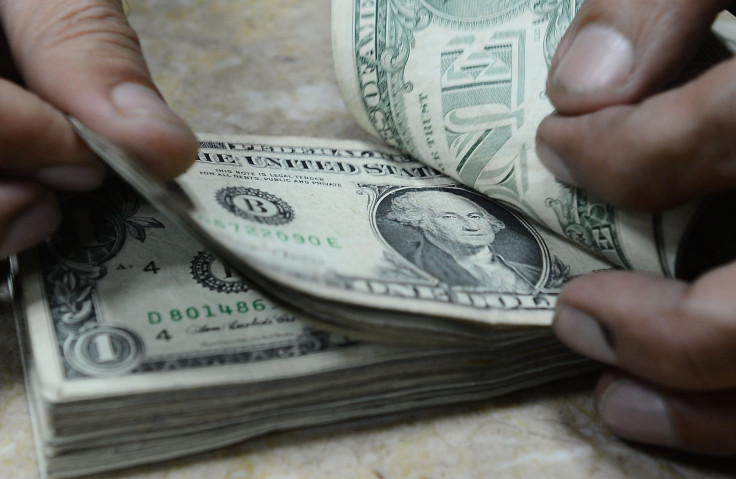5 Ways Apple Could Spend Its Mountain Of Cash (Instead Of Buybacks)

With $164 billion in cash and equivalents, Apple has three times the reserves of the United States Treasury. (Approximately $100 billion of this lies in overseas accounts, much to the U.S. government’s chagrin.)
On Thursday, activist investor Carl Icahn wrote an open letter to CEO Tim Cook urging for a stock buyback. Apple responded publicly, though in a boilerplate and seemingly uninterested manner, saying that it is always glad to “hear from its shareholders.” Icahn owns some 53 million Apple shares.
But this doesn’t change the fact that Apple is sitting on gobs of cash. Given its propensity for creating innovation and design, Cupertino could rapidly accelerate future product development and improve its own business operations by buying companies doing interesting things. Here's some suggestions for Cook and company:
1. Build a new support system
Getting official Apple support in-store is a choke point for some customers, especially at high-volume locations like the company’s flagship Fifth Avenue store in New York City. Small companies have sprung up to help reduce the burden for both stores and customers, offering unofficial quick fixes for cracked iPhone screens and other hardware problems. One such company, iCracked, will even send a support technician to your house to fix your device while you wait around in your pajamas.
Apple could buy up some of these companies to beef up its support offerings. What would an Apple response to Best Buy’s Geek Squad look like? We bet it’d be pretty cool, and it could be done with just a fraction of Apple’s reserves.
2. Develop proprietary components for its hardware.
Apple and Samsung have a storied, tense relationship, yet Samsung remains a key partner in supplying chips and various innards for Apple gadgets. Apple’s partnership with sapphire manufacturer GT Advanced is up in the air after GT Advanced filed for bankruptcy. What if Apple only needed to depend upon itself for its components?
“As we can see with the GT Advanced situation this past week, it could certainly behoove Apple to move some key component manufacturing fully in-house,” says Mark Gurman of 9to5Mac.com. “With the type of cash they have on hand, they should develop R/D and manufacturing facilities for their own components.”
3. Buy Tesla
There’s a longstanding tradition of speculating what Apple could do in the automotive industry. Considering Tesla's attention to detail, sustainability and design, Tesla presents itself as an incredibly appealing partner for the company. But Tesla’s market cap of $31.45 billion also means that Apple could buy it outright, many times over.
In fact, Apple could very nearly afford to buy Ford, Honda and GM all at once, with their market caps of $54.93 billion, $59.05 billion and $51.51 billion, respectively.
4. Become a mobile service provider
Sprint and T-Mobile are at their combined market cap of $47.31 billion, which makes either affordable.
When Apple was initially shopping the iPhone to providers, Verizon was its first choice of carrier. Dealings fell through when the companies couldn't agree on how to handle the hardware. This was at a time when "smartphone" meant something radically different (and cheaper), and Apple wanted to be able to control the customer experience should things go wrong with a device. Ultimately it was AT&T, Apple's second choice, to sign on.
Of course, if Apple were its own service provider, then no such compromises would need to be made.
5. Buy the U.S. government
Remember from above: It has three times the money of the U.S. Treasury. It could encompass the operating budget for the entire country, then do so two more times. Heck, it could buy nearly four Lithuanias given that country's GDP of $42.25 billion.
But of course it would never do this. That's silly.
© Copyright IBTimes 2024. All rights reserved.






















